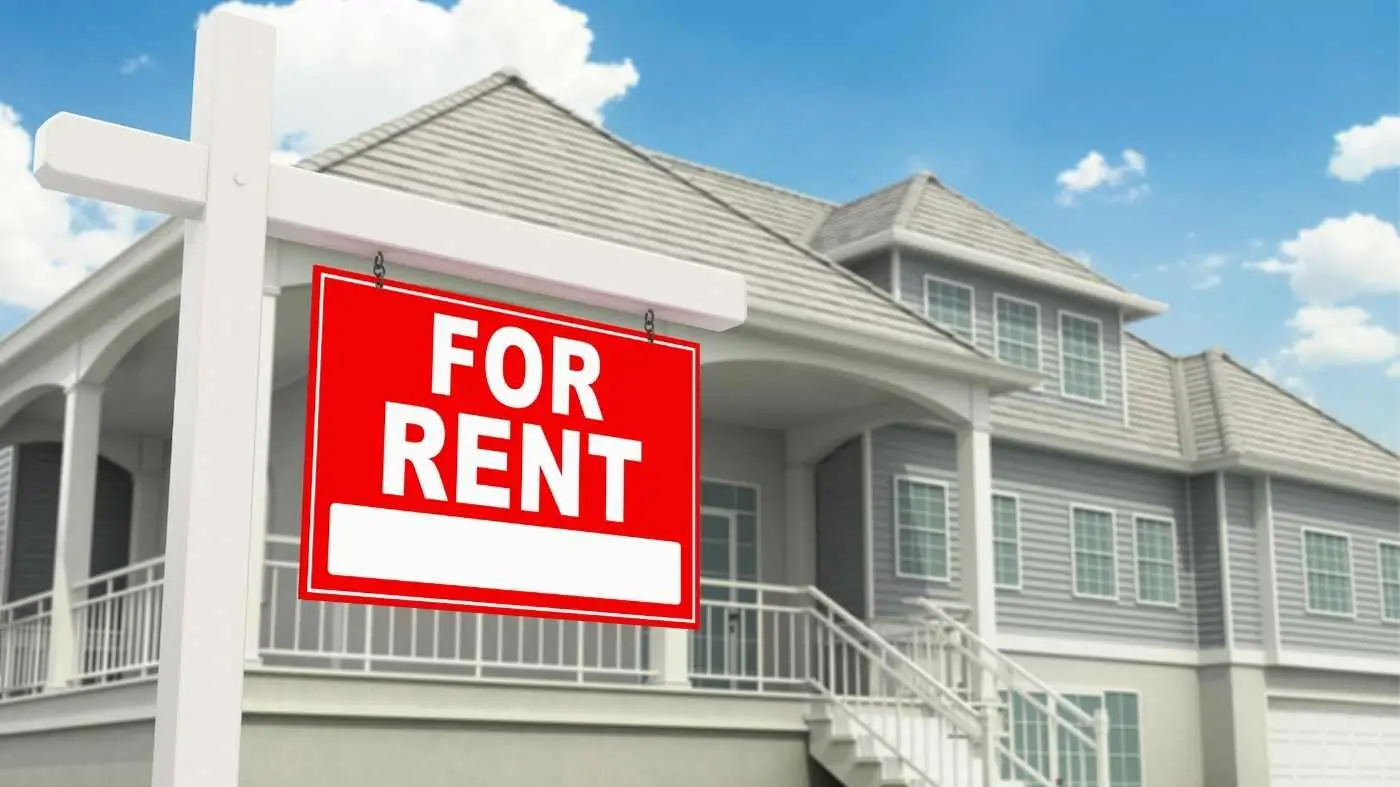Deciding whether to rent or sell your property is a major financial choice that depends on several factors, including market conditions, your financial goals, and your willingness to take on landlord responsibilities. If you’re unsure which option is right for you, this guide will break down the key considerations to help you make an informed decision.
Should I Sell or Rent My Idaho Property? Key Factors to Consider
What to Do If Your Home Isn’t Selling
If your property has been sitting on the market without any serious offers, it’s important to understand why. Here are a few key factors to consider:
- Market Conditions: Are you in a buyer’s or seller’s market? If homes in your area aren’t selling quickly, high inventory levels or rising interest rates may be making it harder for buyers to afford a home. A buyer’s market means there are more homes for sale than buyers, leading to longer selling times and possibly lower offers. In a seller’s market, demand is high, and you may have a better chance of selling at a favorable price.
- Pricing: Is your asking price in line with similar homes in your area? Overpricing can lead to extended time on the market. Research comparable home sales and consider whether a price adjustment might attract more buyers.
- Holding Costs: Every month your home remains unsold, you’re still responsible for mortgage payments, property taxes, and maintenance costs. Renting it out could help cover those expenses until market conditions improve. However, managing a rental comes with its own set of challenges and expenses, so weigh the costs and benefits carefully.
- Long-Term Goals: Do you need immediate cash, or are you comfortable holding onto the property as a long-term investment? If your home is in a high-demand rental area, renting may allow you to generate income and build equity over time. However, being a landlord requires time and effort, and not everyone is suited for the role.

Should You Sell Your Rental Property?
If you already own a rental property, you may be wondering if now is the right time to sell. Here are three key things to evaluate:
- Cash Flow: Are you making a positive return after mortgage payments, maintenance, and other expenses? If rental income is strong and increasing, holding onto the property may be a good investment. However, if rising costs are outpacing rental income, selling could be a better financial move. Consider running a financial analysis to determine your actual return on investment.
- Property Value Growth: Have home values in your area increased significantly? If you can sell for a high return, it might be a great time to cash in on your investment. However, if you believe property values will continue to rise and rental demand remains strong, holding onto the property could lead to greater profits down the road.
- Landlord Responsibilities: Do you enjoy managing tenants and handling repairs? If being a landlord is becoming overwhelming, selling may be the right choice for your lifestyle. On the other hand, hiring a property management company could take some of the burden off your shoulders while allowing you to continue earning rental income.
What First-Time Landlords Need to Know
If you’re considering renting out your home for the first time, it’s important to understand the responsibilities that come with being a landlord. Here are some key considerations:
- Level of Involvement: Do you want to handle tenant screening, rent collection, and maintenance yourself, or would you prefer to hire a property manager? Property management services can reduce stress but will also take a percentage of your rental income.
- Maintenance Costs: Are you financially prepared for unexpected repairs? Having an emergency fund is crucial. Appliances break, plumbing issues arise, and tenants may need urgent repairs that you’ll be responsible for.
- Legal and Financial Responsibilities: Are you familiar with your state’s landlord-tenant laws, lease agreements, and tax implications of rental income? Rental income must be reported on your taxes, and you may also be responsible for insurance and other financial obligations.
- Tenant Relations: Being a landlord means dealing with tenant issues, late payments, and potential disputes. If you’re not comfortable with conflict resolution, managing a rental may not be ideal for you.

Making the Right Choice
At the end of the day, the decision to rent or sell depends on your personal situation. Selling may be the best option if you need cash quickly, don’t want to deal with tenants, or if home prices are at a peak. On the other hand, renting could be a smart move if it generates positive cash flow, builds long-term wealth, or helps you avoid selling in a slow market.
Additionally, take into account the tax implications of each option. Selling may result in capital gains taxes, while rental income will affect your annual tax filings. Consulting with a tax professional can help you understand the full financial impact of your decision.
Before making a final decision, consult with a real estate agent, financial advisor, or property manager to discuss your options.
Understanding your financial goals and the current market conditions will help you make the best choice for your situation. It’s also a good idea to speak with other landlords or homeowners who have faced the same dilemma to gain insight from their experiences.


